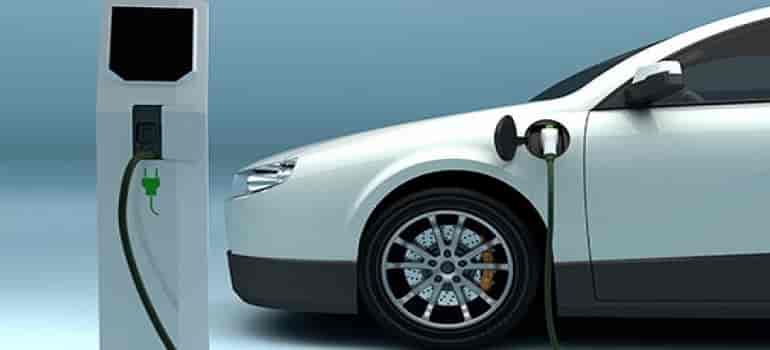
FICCI on recommended various measures, including extending FAME -II scheme till 2025, to enhance demand for electric vehicles (EVs).
The recommendations, submitted by FICCI’s EV committee to the government, seek immediate support from policymakers to enhance attractiveness for these vehicles in the short term and to encourage continued investments in the sector, a release said.
These suggestions have been submitted to NITI Aayog, the Department of Heavy Industry, Ministry of Road Transport and Highways and other relevant authorities in the government, it said.
The industry body has also requested the government to take certain steps urgently to prevent derailment of the sector and to help create demand, so that India can attain leadership in EV technology and sales.
“As demand and investments in the electric vehicles sector are severely hit due to disruptions caused by COVID-19, FICCI has suggested to the government, a series of measures to ensure continuity of the EV growth road map and achievement of the targets as envisioned by the government for the sector in the next decade,” the FICCI release said.
The industry body is however apprehensive about the adverse impact of introduction of this green technology due to factors such as reduction in demand for automobiles, higher risk aversion among customers towards new technology, disruption in supply chain, among others.
“There is also a likelihood of reduction in demand for shared mobility leading to reduced demand for electric three-wheelers and postponement of investments in EV technology by local component makers,” FICCI stated.
Despite these short term setbacks, India must continue to encourage EVs along with all other electrified vehicle technologies, such as plug-in hybrid electric vehicles , strong hybrid electric vehicles and fuel cell electric vehicles.
This would also be in line with the country’s long-term vision towards electric mobility to lessen air pollution, achieve fuel security and technology leadership in this sector, FICCI said.
FICCI has sought continuation of FAME (Faster Adoption and Manufacturing of Hybrid and Electric Vehicle)-II scheme for two more years to 2025, along with short term ‘booster incentives’ under the scheme for 12 months to enhance demand.
“This should be done within the overall existing budget allocation of Rs 10,000 crore for FAME II. This booster incentive will help create demand for EVs in the short run and continue momentum,” it said.
Besides, FICCI has sought extension of subsidy support for electric two-wheelers and electric three-wheelers with swappable battery to encourage EV ecosystem. The move will also encourage states to finalise EV policies considering all electrified vehicle technologies.
FICCI has also recommended that retail financing for EVs should be made part of priority sector lending, for higher financing availability by banks to these vehicles.
The other recommendations include a review to improve the e-buses procurement criteria and scheme design under FAME II with industry consultation to promote e-buses, as well as a Rs 10 crore support towards setting up in-house R&D infrastructure to come up with Make-in-India product and develop advanced technology for EV two-wheelers.
FICCI has also sought formulation of a policy to incentivise all major e-commerce players to convert their last-mile delivery operations to all-electric by 2025, in a staggered manner.
“Worldwide, the automobile sector is undergoing transformation with various technologies and it is essential that India is also a part of this change and take a leadership role. Therefore, for innovative and vibrant industry and to attract investments for newer technologies, it is necessary that the government policies are technology agnostic,” said Shekar Viswanathan, Chairman, FICCI EV Committee and Vice Chairman and Whole Time Director, Toyota Kirloskar Motors.
The key national objective to be met is the reduction of carbon emission. Just as the government has wisely introduced BS VI fuel ahead of time, India must encourage all those technologies that will progressively reduce carbon footprint, he said.
Palash Roy Chowdhury, Co-chair, FICCI EV Committee sid:”The country should outline a clear nationwide policy to phase out old – pre-BS-IV ICE vehicles being used in public transport.”
Under this policy a set of pilot cities (with most pollution and urban congestion) can be selected with a time-bound policy road map to mandatorily phase out polluting public transport vehicles, he said.
“The road map should be designed to incentivise vehicle conversion/migration to environmentally sustainable electrified vehicle technologies starting with the lowest capital impact category, such as 2/3-wheelers, followed by public transport buses and then 4-wheeler taxis,” he added.
Via: PTI

